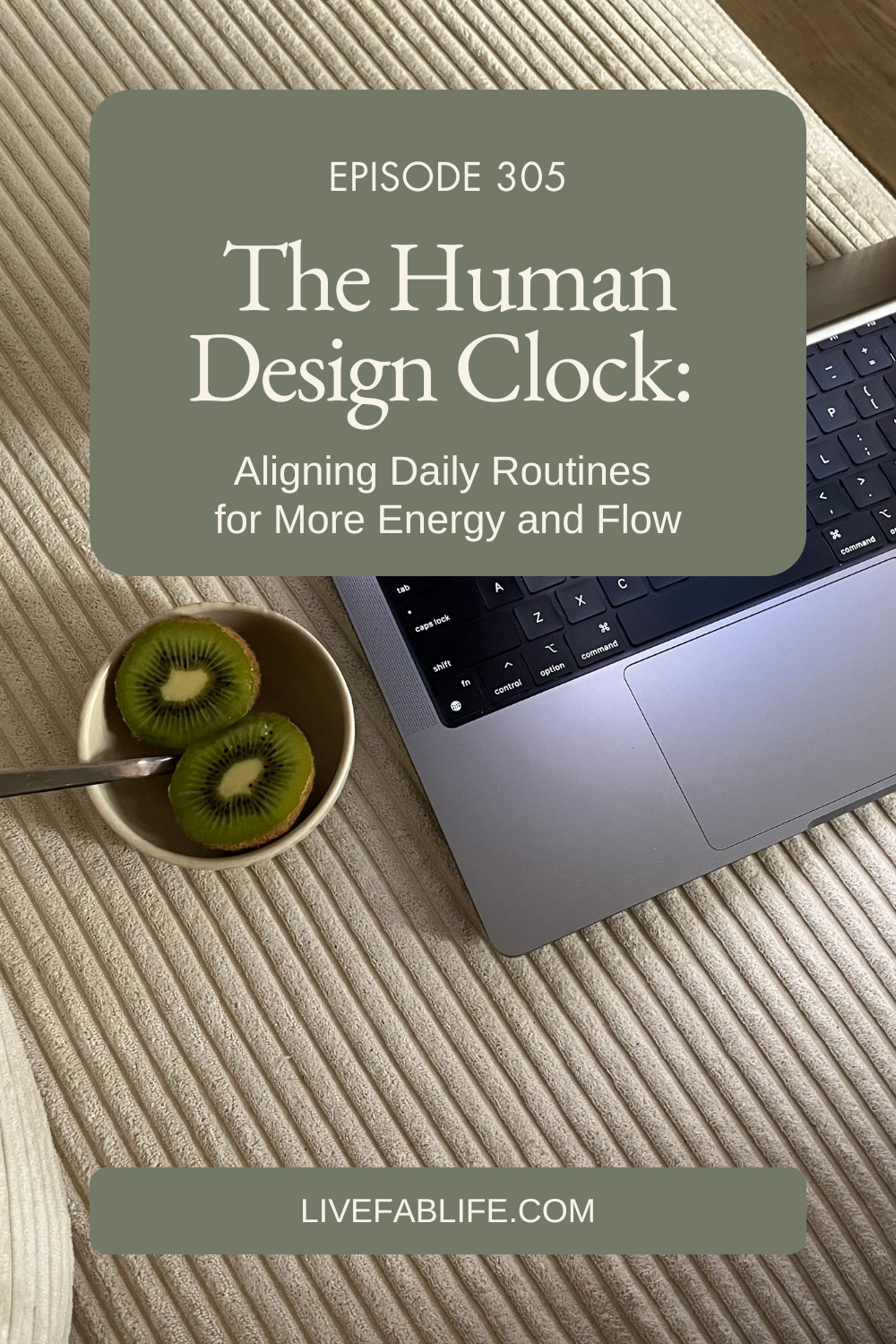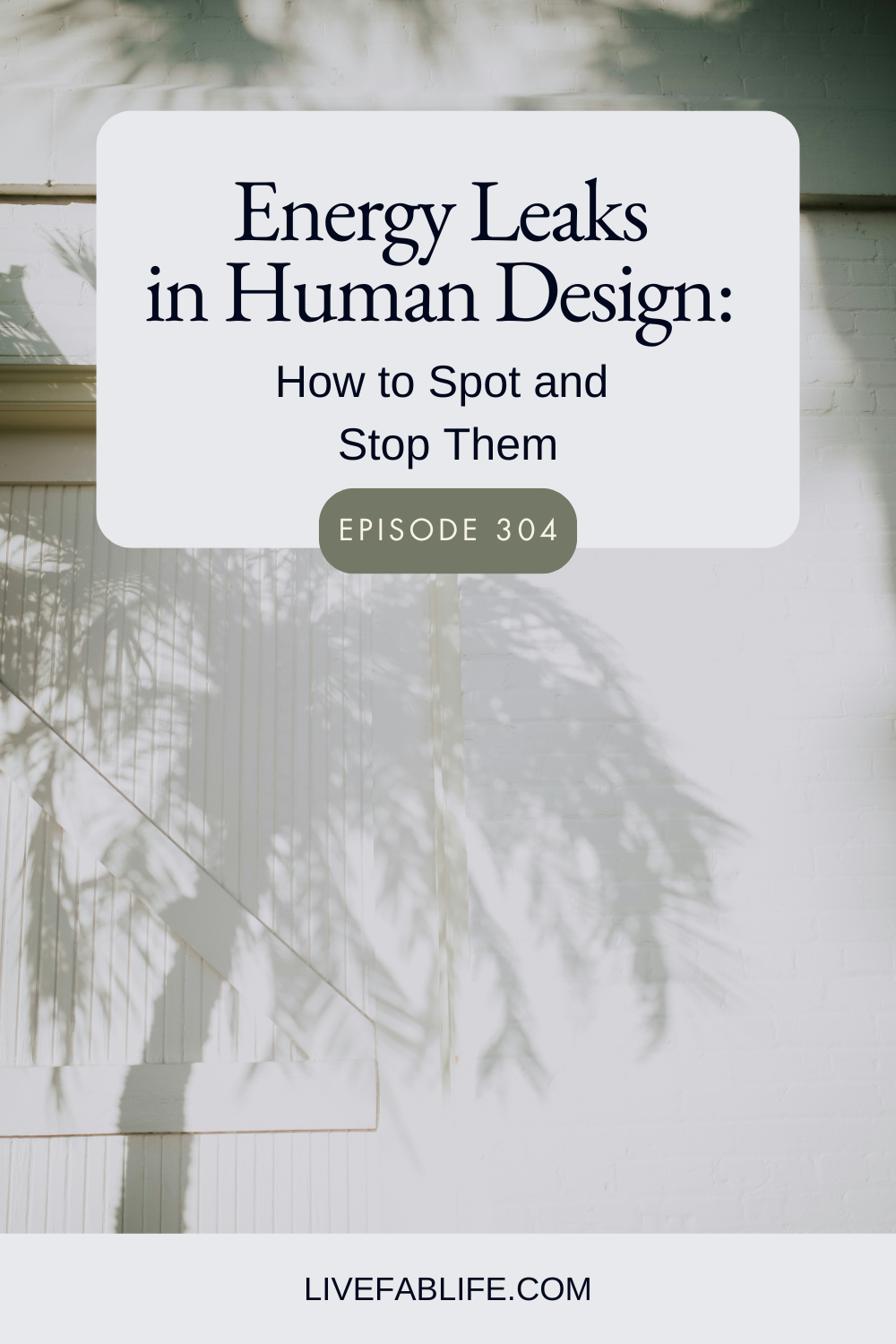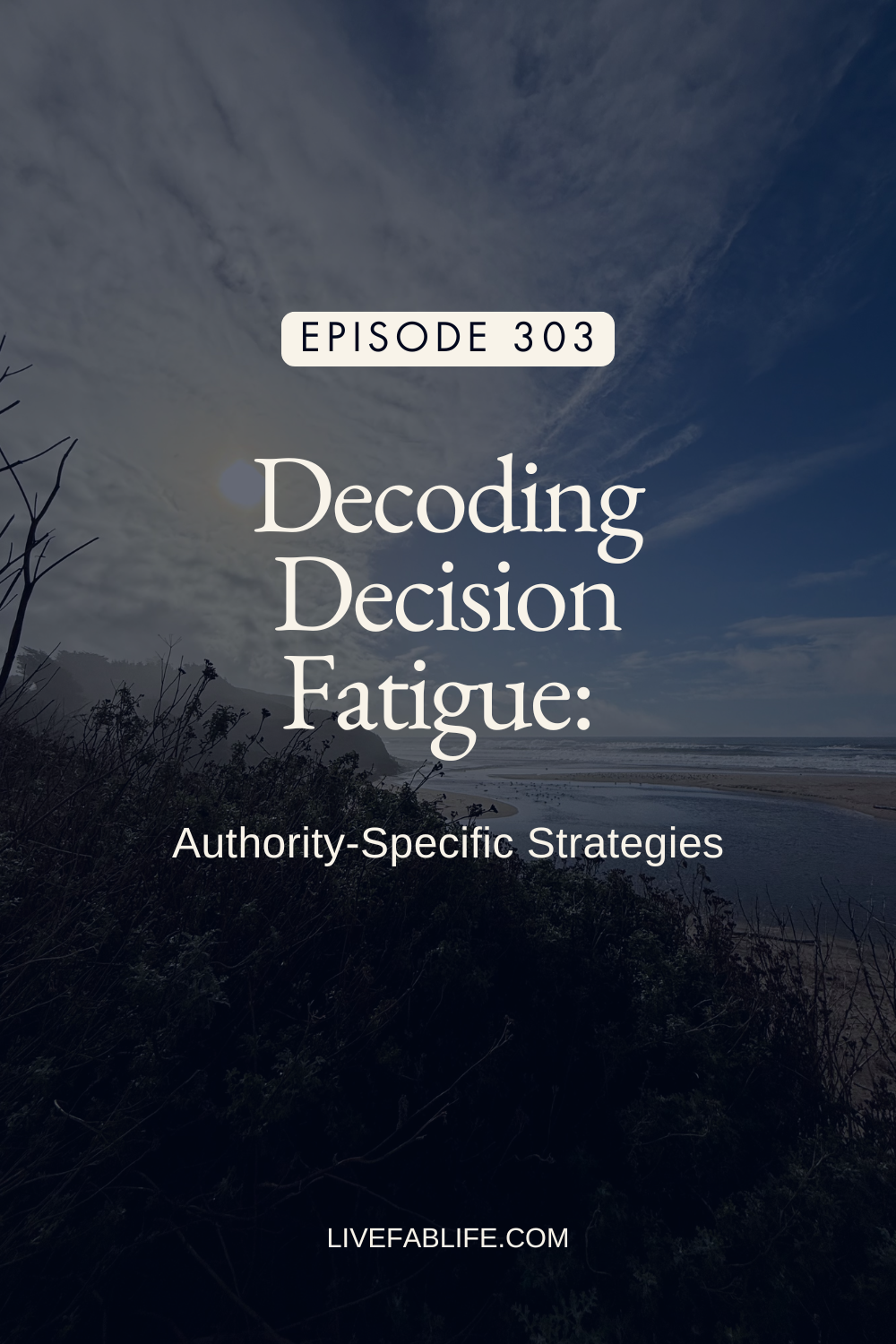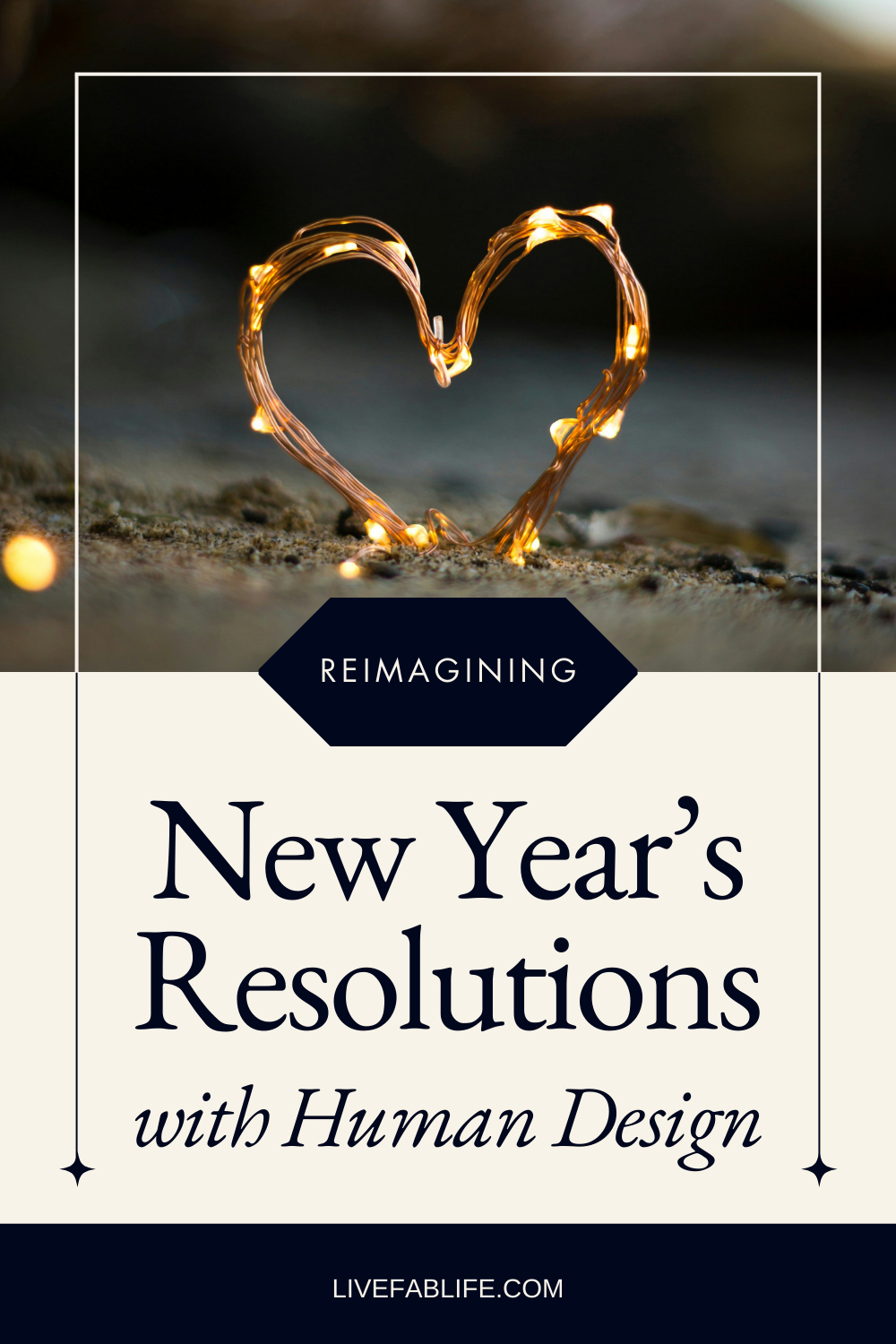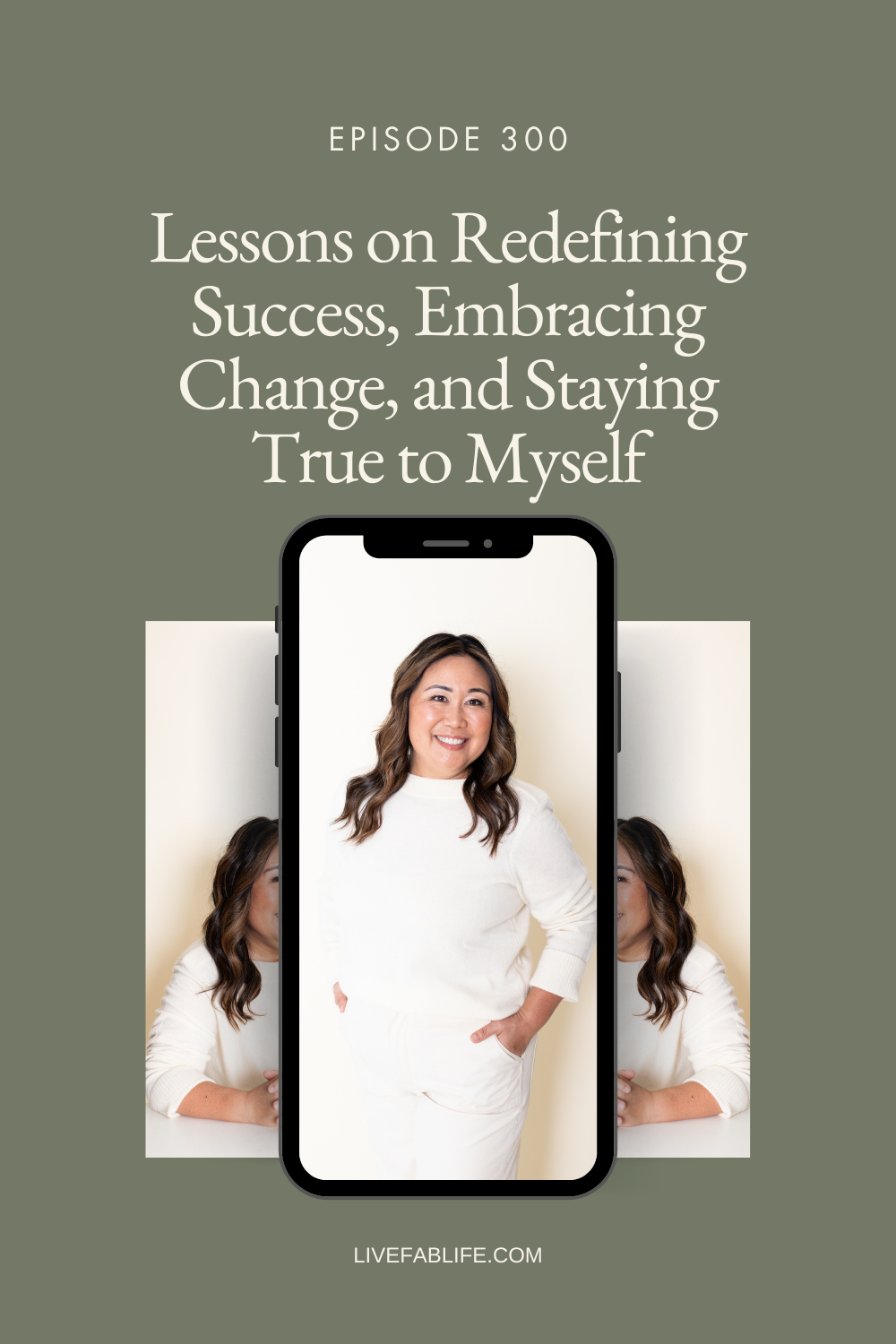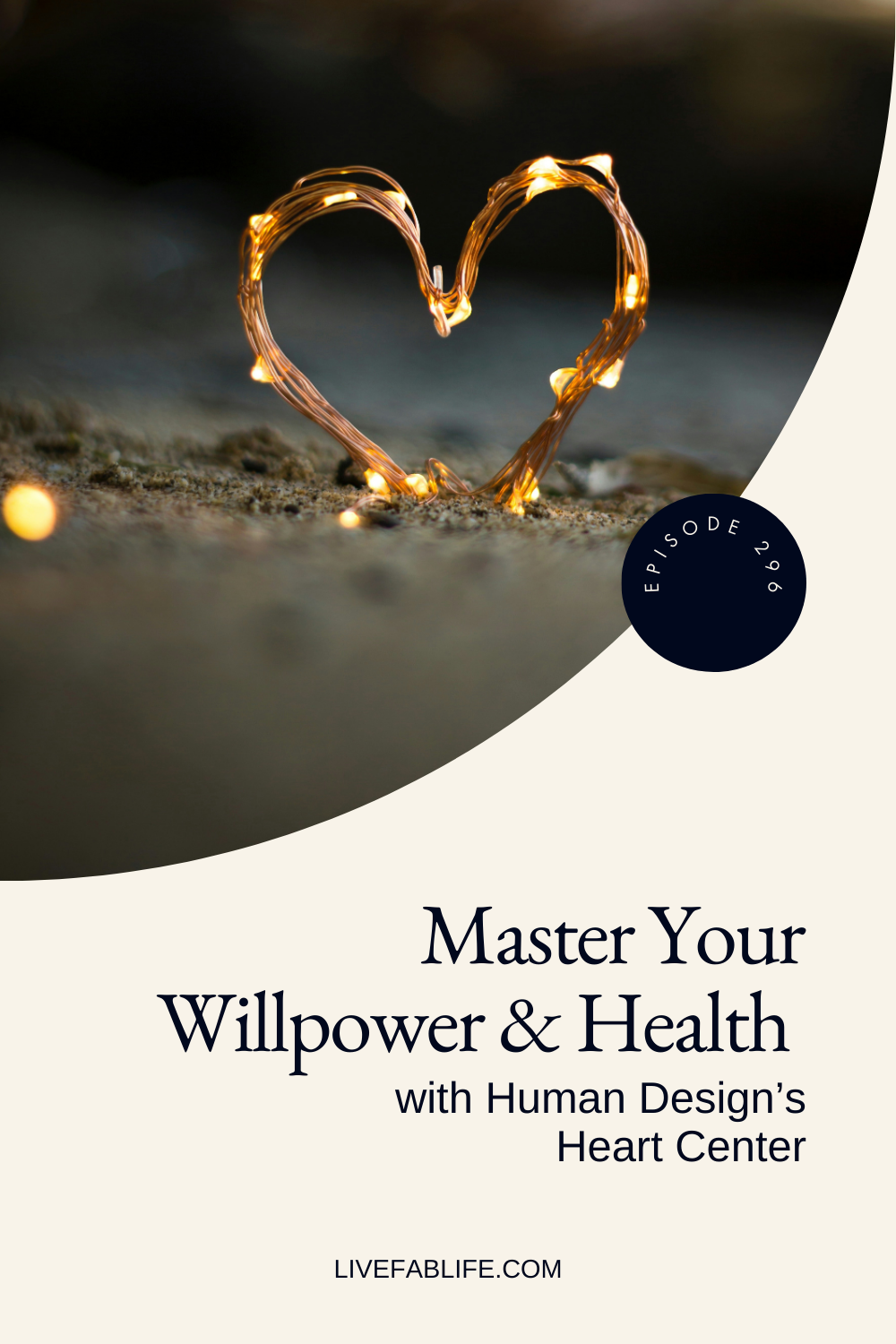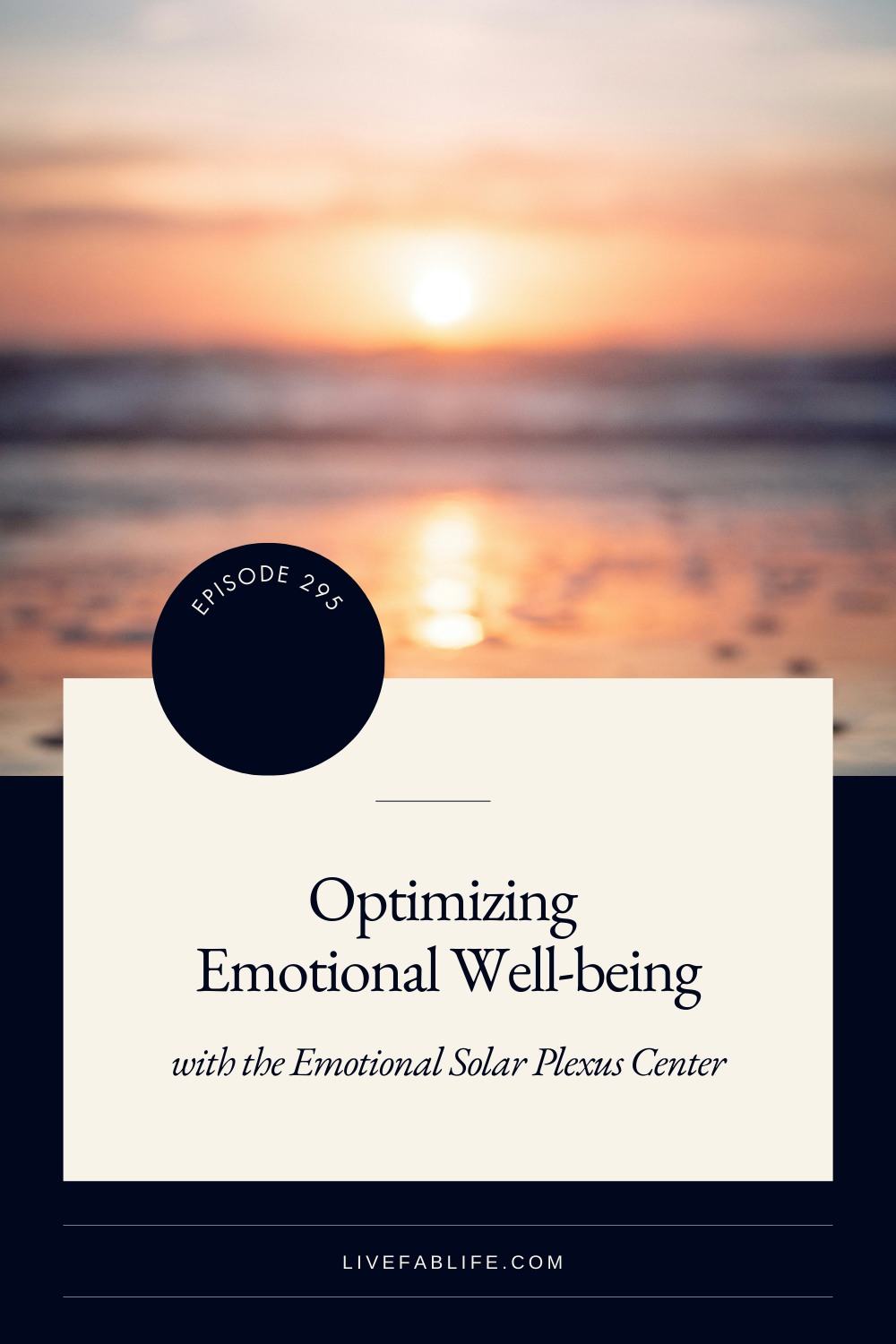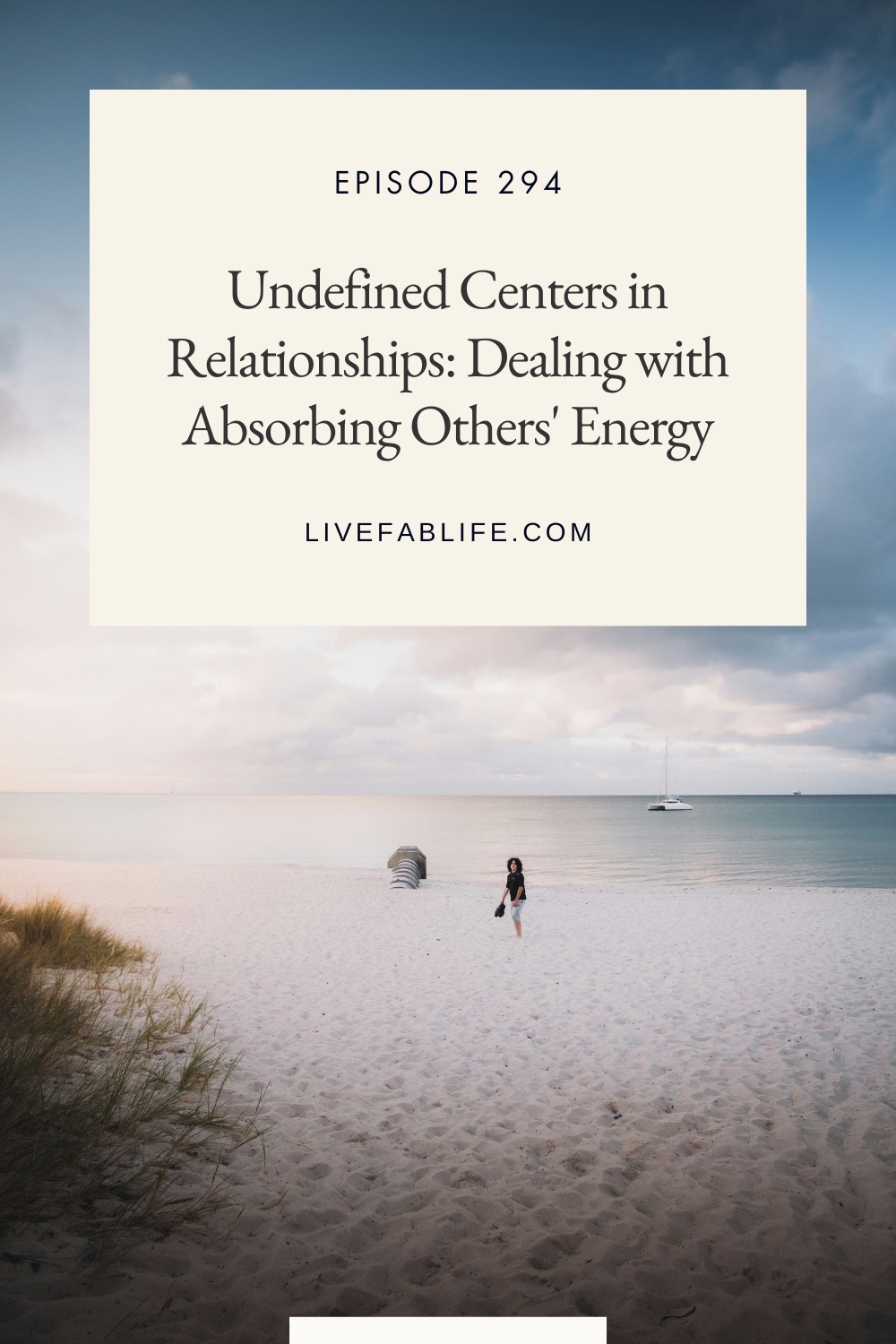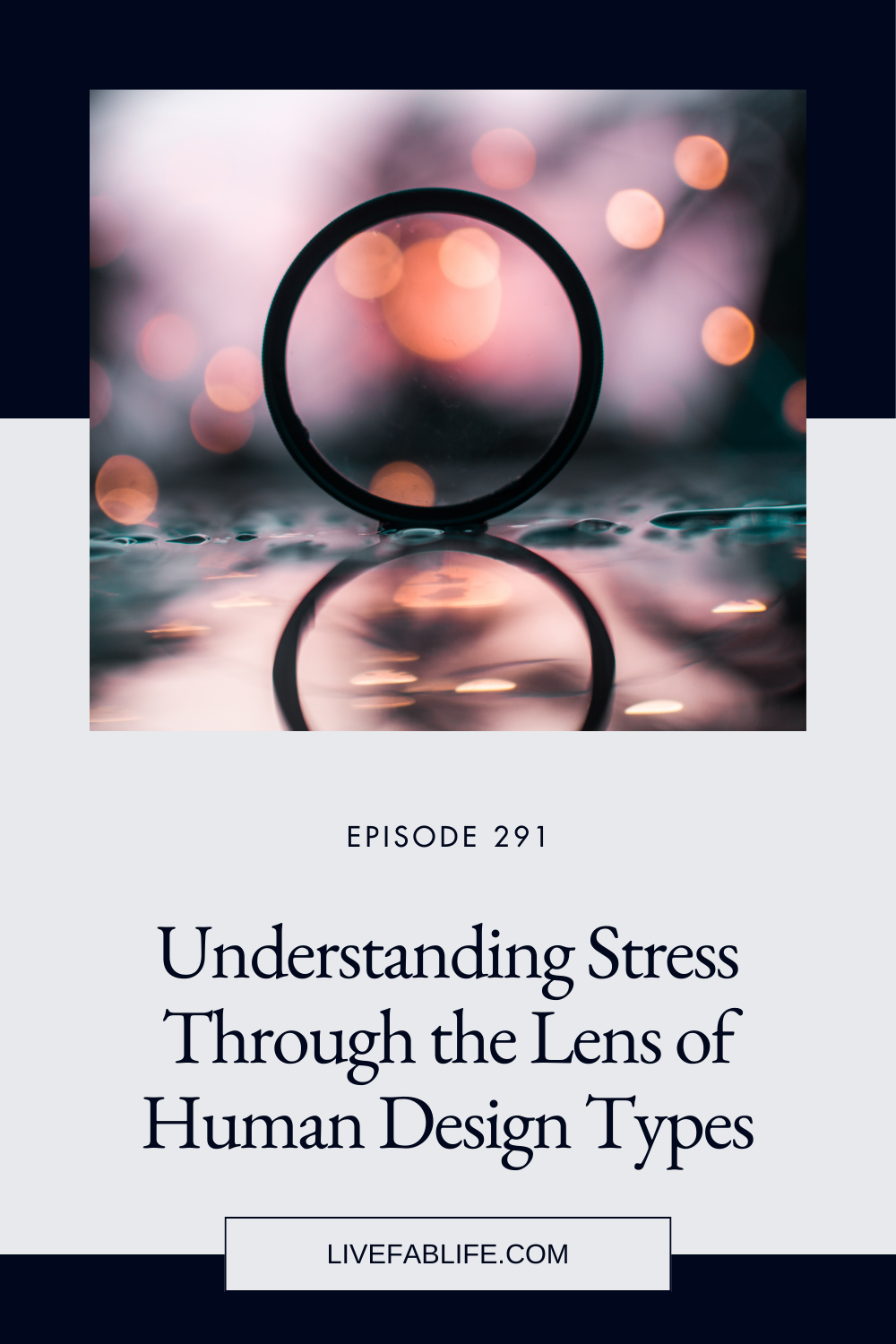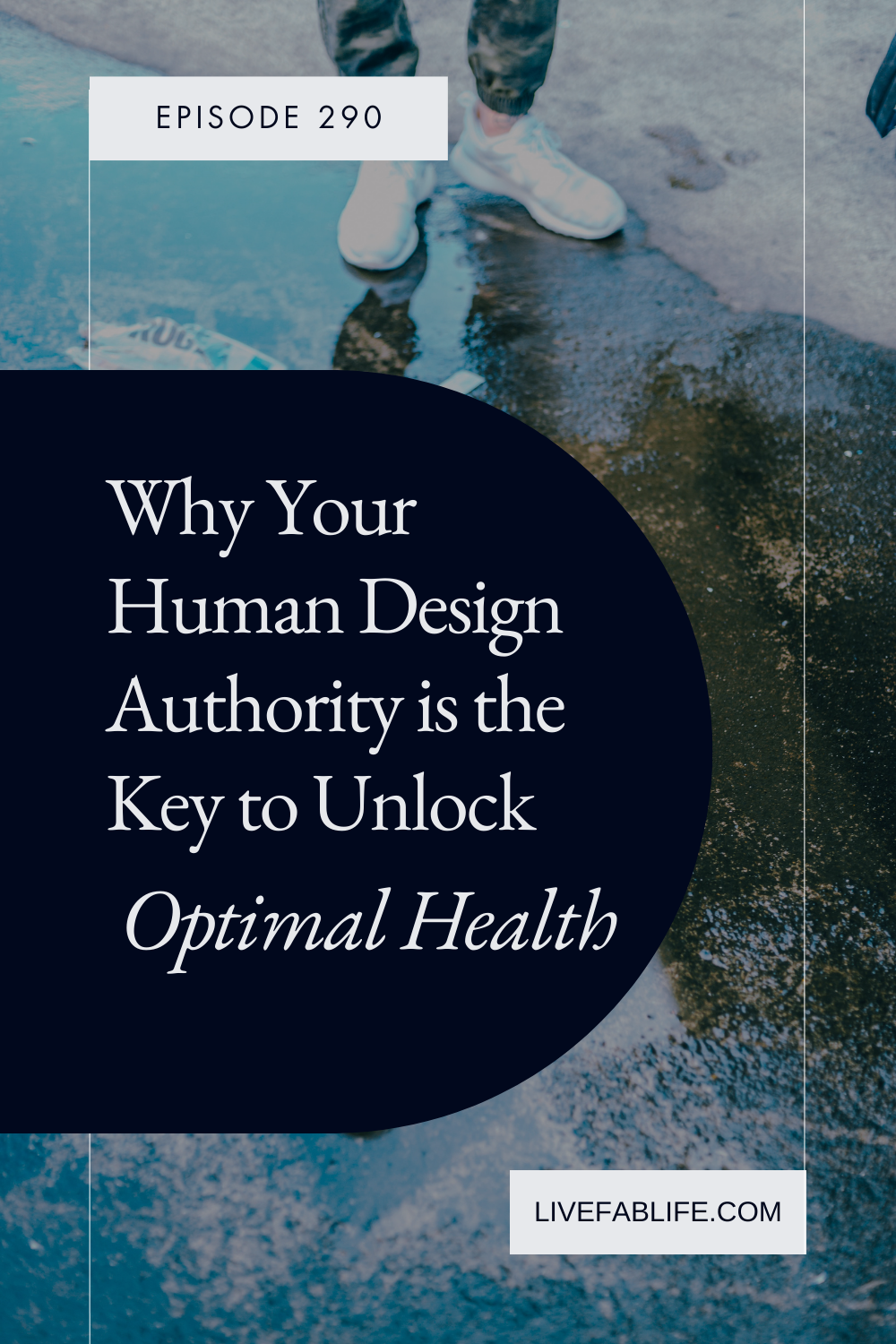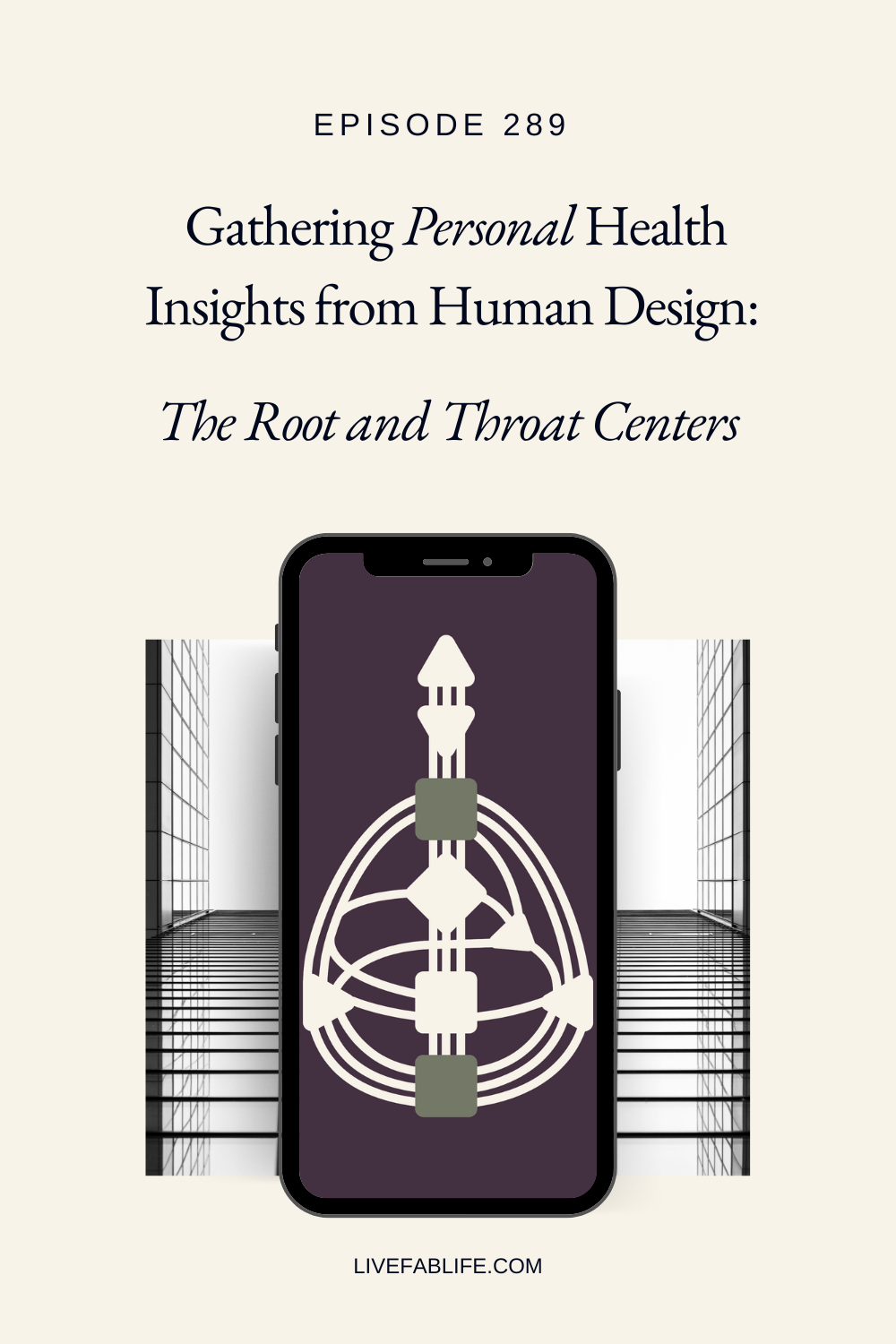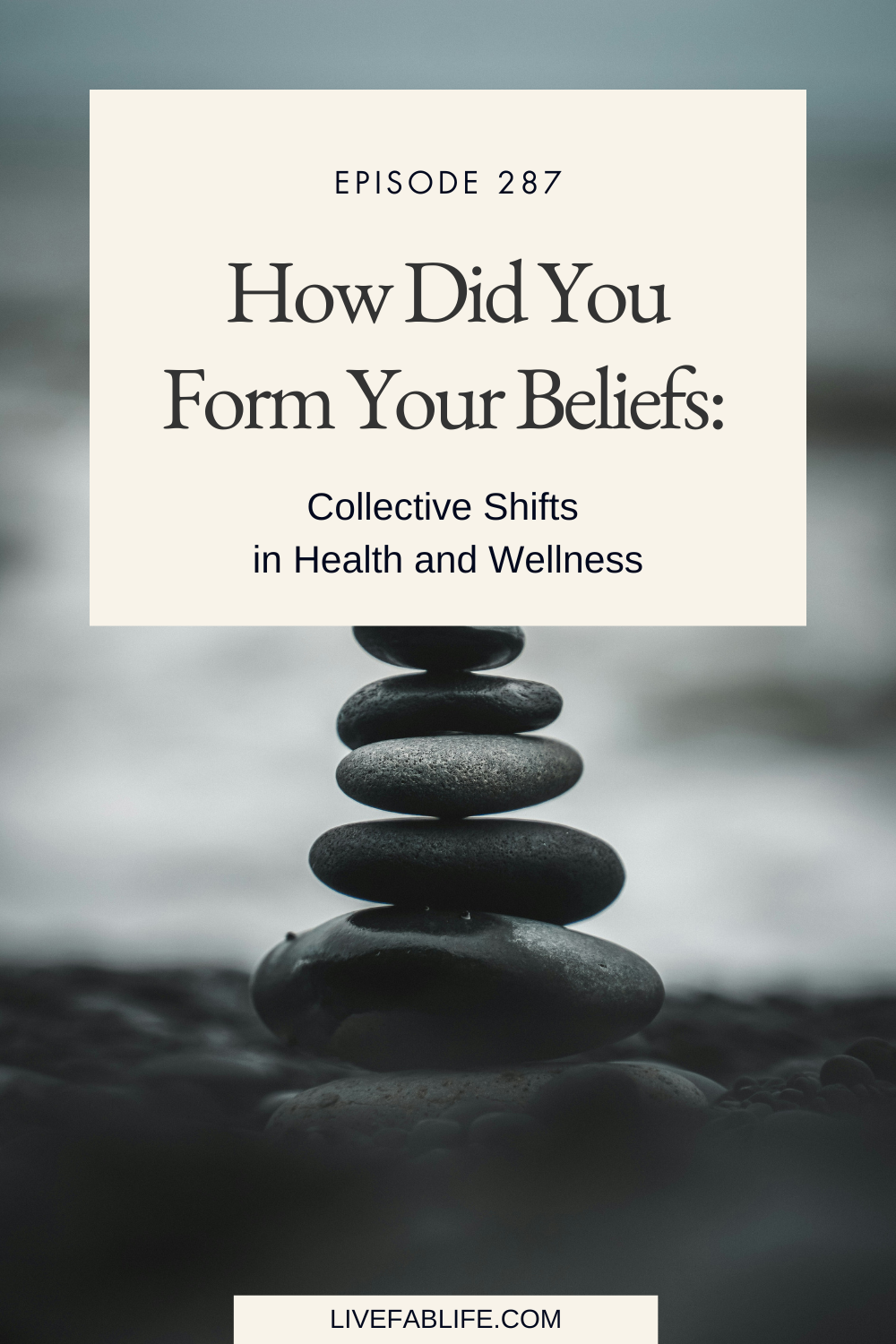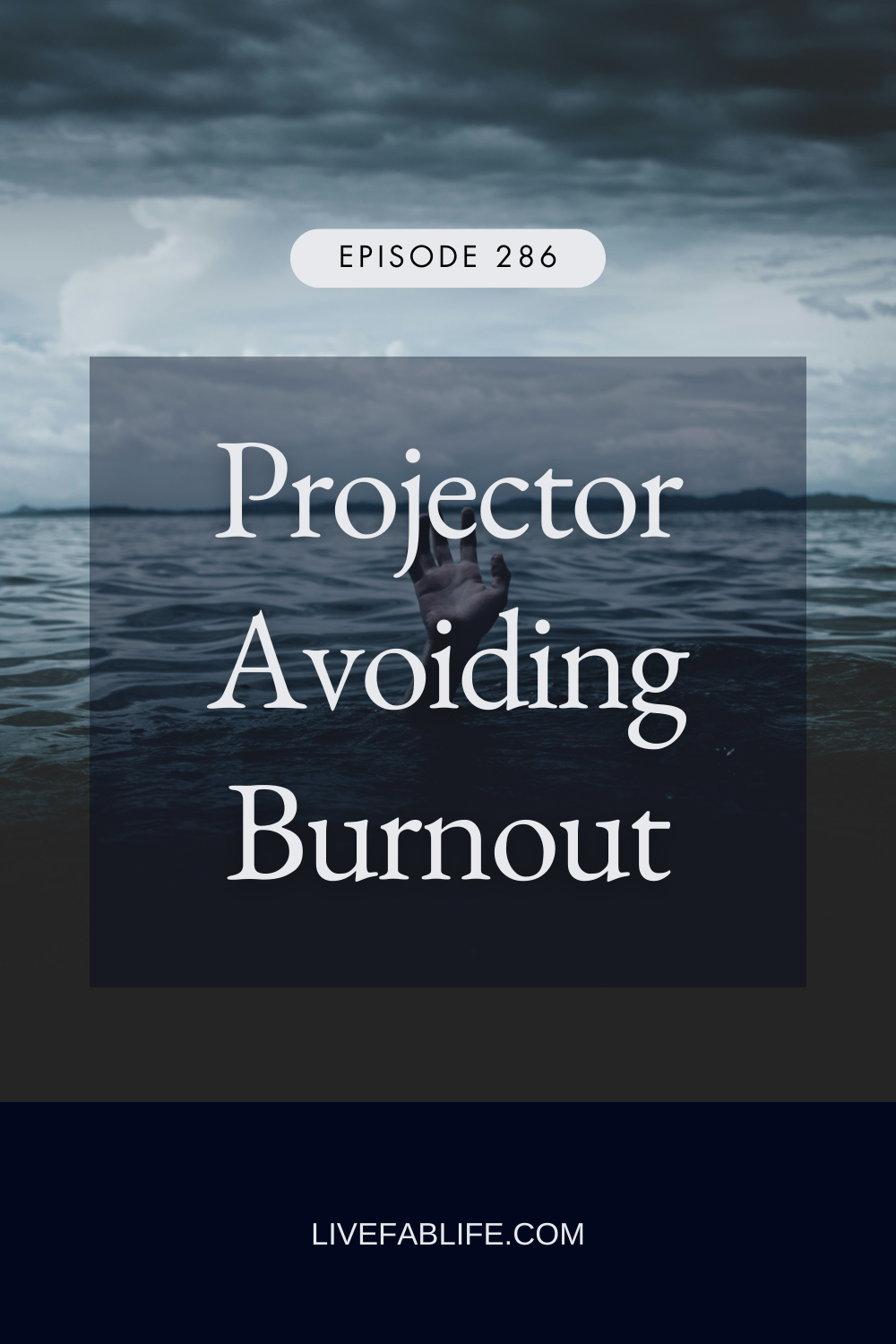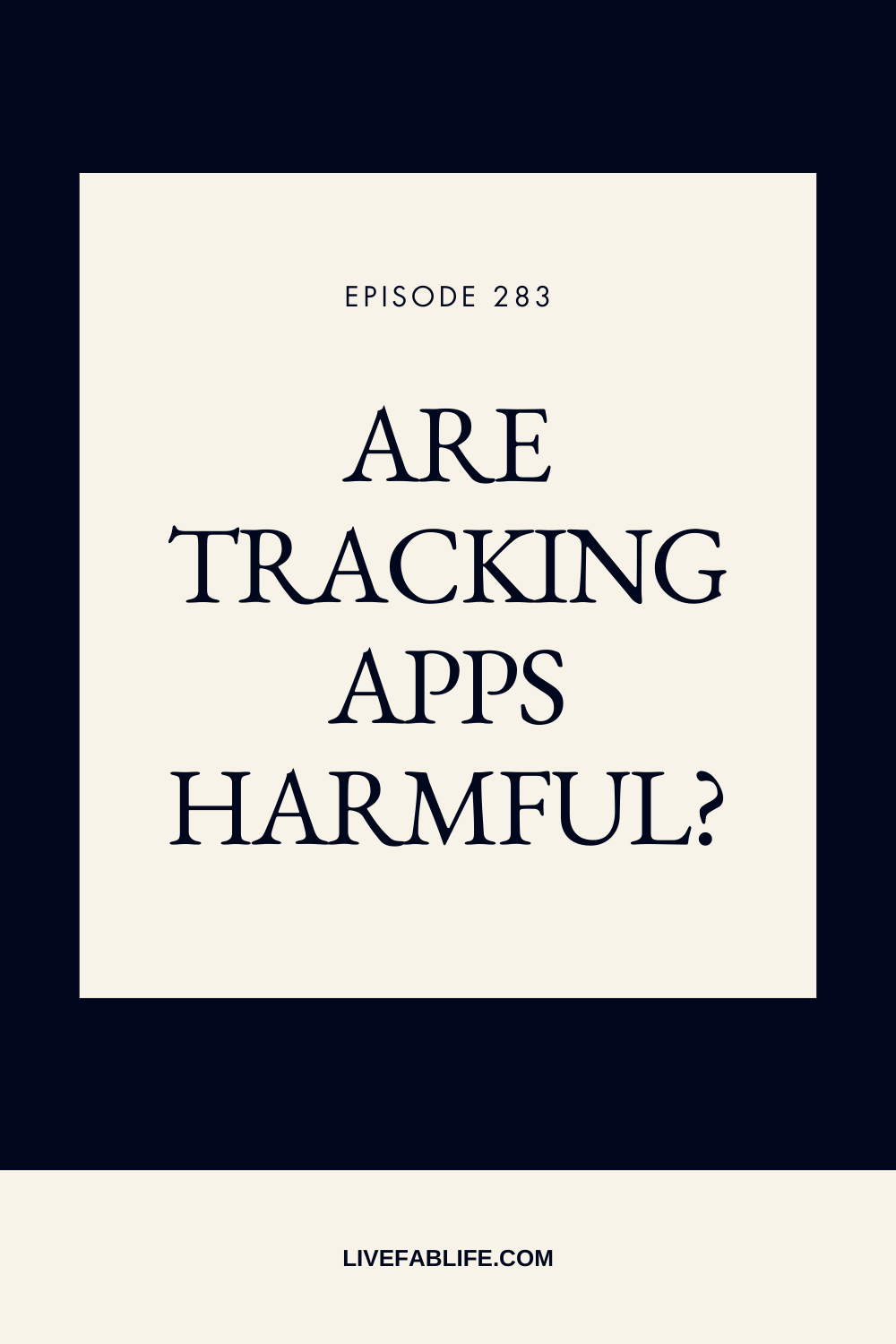Episode 163: An Introduction to Ayurveda with Dr. Avanti Kumar Singh
There is so much wisdom in ancient medicines, where the parameters involve the mind, body, and spirit, and the harmony between these aspects of our human selves.
In this episode, I’m joined by Dr. Avanti Kumar Singh, a medical physician who left the conventional medicine world to devote her work to the healing tradition of Ayurveda.
You’ll hear Dr. Kumar Singh explain the foundational principles, misconceptions, as well as break down the stereotypes of how the western world dampens its deeper cultural meanings and interpretations.
Episode Highlights:
How ancient healing traditions differ from western medicine
What is Ayurveda
Breaking Western misconceptions about Ayurveda
Why she doesn’t advocate online dosha quizzes
How yoga fits into Ayurvedic medicine
Listened to the Episode:
Mentioned in the Episode:
Connect with Dr. Avanti Kumar Singh:
Share the Episode:
“My mission is to help people realize that they have so much healing wisdom and healing power within themselves. I really believe that all of us who are in the healing professions, we’re just guides. We’re nothing special. We’ve just spent a lot of time studying and honing our craft and that’s all wonderful, but at the end of the day, everyone has healing wisdom within them because our bodies, our minds, our spirits are these magnificent systems that know how to heal themselves.”
Read the Transcript...
Naomi Nakamura: Hello there and welcome back to The Live FAB Life Podcast. I am your host, Naomi Nakamura, and I am so excited to introduce this week's guest to you. Taking charge of our health is a big responsibility. One that most of us aren't sure how to navigate. We need a catalyst to spark inner transformation and help us take control of our health. In short, we need a healing catalyst, and this is where Dr. Avanti Kumar Singh comes in.
Through her 20 years of practicing Western medicine, Dr. Kumar Singh has studied traditional ancient healing practices of the East with the focus on Ayurveda, which she now teaches to students and holistic practitioners across the world. In her book, The Healing Catalyst, Dr. Kumar Singh demystifies Ayurveda and other integrated medicine showing how these simple and ancient practices, and you guys know I am a big fan of ancient practices, are the key to unlocking a healthy, modern life. And the best part of all is that anyone can heal themselves because it starts with you. Sound familiar? That's a lot of the things we talk about here on the show.
In the three and a half years that I have been doing this podcast, I have always wanted to have a conversation on Ayurveda medicine, so I'm so excited to finally bring this to you. So with that, let's get to the show.
Hello, Dr. Kumar Singh, welcome to the show.
Dr. Avanti Kumar Singh: Thank you so much for having me, Naomi. I'm so glad to be here.
Naomi Nakamura: I am so honored to have you here. I've heard bits and pieces about Ayurveda through my own education and training and reading different media out sources, but I personally don't know too much about it, and I've never had an Ayurvedic expert on the show so I am so excited to have you on. I'm really looking forward to our conversation and all of the things you can share with us.
Dr. Avanti Kumar Singh: Oh well, thank you. I'm excited to be here to talk to you about anything Ayurveda, so let's go for it. It'll be fun.
Naomi Nakamura: For those who don't know you, can you introduce yourself and share with us what it is that you do?
Dr. Avanti Kumar Singh: Sure. My name is Dr. Avanti Kumar Singh. I am a physician and Ayurvedic wellness expert. I'm also a yoga therapist and a plant-based professional. Really what I've done for the past 15 years of my career; switched focus from Western medicine to integrative medicine and Ayurveda specifically. It's the healing tradition that I grew up with. I'm South Asian; first-generation here.
Really my story is very common. I think that many people who are in the healing professions go through, or the health professions go through, which is they find themselves one day they wake up with many health problems and the medicine that they were trained in, specifically Western medicine in my case, isn't providing all the answers that they need, and so they start looking for other answers. I think when you find those answers in another healing tradition or another way of doing things, and you see that they work for you, you want to also help your patients and students and teach them what you've learned. That's really sort of my journey in a nutshell, in a couple of sentences of what I do.
What I really do now is I spend most of my time teaching and lecturing. I write a lot of articles. I just wrote a book last year, getting ready to launch an online course. And really my goal is to reach as many people as I can teaching them about the power and the wisdom of Ayurveda and traditional healing methods in general and how they can be integrated with Western medicine to really provide a whole picture for patients and students. And when I say students, I'm talking about medical students or yoga teachers, or other practitioners who are also touching a lot of people. It's basically the ripple effect.
That's really my goal, my mission. It's really to help people realize that they have so much healing wisdom and healing power within themselves, that I really believe that all of us who are in the healing professions, we're just guides. We're nothing special. We've just spent a lot of time studying and honing our craft and that's all wonderful, but at the end of the day, everyone has healing wisdom within them because our bodies, our minds, our spirits are these magnificent systems that know how to heal themselves, but we forget along the way. I think that's what I really, really want to do is to help inspire other people, to realize that they have so much wisdom within them and it's just a matter of accessing it again.
Naomi Nakamura: I love that so much. I subscribe to the same beliefs and same approaches. I feel like, especially in the past year, there's been just this tension between more traditional forms of medicine and healing conventional, and then this holistic and also ancient approaches, and I've always thought to myself, "Well, they can work together. It doesn't have to be absolute in one or the other." In my own healing journey myself, I use both. It's very affirming to hear that from you as a physician and this of course coming from this ancient medicine world.
Tell us what is Ayurveda?
Dr. Avanti Kumar Singh: Yeah. That's a complicated question, but almost a very simple. It could take hours, but it can also be summed up pretty easily. Really the way I look at it is that Ayurveda is the healing system of India. It is a sister science to yoga. Comes from the [inaudible 00:06:10] text, so it's over 5,000 years old, and it's the oldest form of healing that we know of. What I like to say is it's based on the collected experience of human beings over time, and that's why there's so much wisdom in it. Basically the essence of Ayurveda is that when we live in harmony with nature, we will have optimal health. Full stop. That's really what it comes down to. All of those thousands of pages of the text that it came from, really it comes down to that idea that when you live in harmony with nature, you will have optimal health.
Now we're seeing in Western medicine that this is being proven again and again, through circadian medicine. The Nobel Prize winners a few years ago showed the power of circadian rhythms and what that does for our health. This is something they knew in Ayurveda 5,000 years ago. So everything that we know in Ayurveda is actually beginning to become validated by modern science and modern studies and data. But really Ayurveda really comes down to that.
The basic essence for those of your listeners who may know a little bit about Ayurveda, is that it's based on this idea that there are energies, doshas. But let's back up a little bit. What it comes down to is that the idea is that there are five elements in nature; space, air, water, fire, and earth. Those five elements will be in everything in nature, including human beings. We're all made of the same five elements. So when we're in harmony with those elements, we will have optimal health.
Now at the time of birth, each of us has a different proportion of those five elements. Those five elements actually combine into three doshas, which are bio- energies, is the basic way to think about that. And based on those, there are some distinctive patterns that we can see in physical characteristics and behavioral characteristics, emotional characteristics that are in balance, and then we can also see that there are patterns of how those things show up as symptoms when we go out of balance. It's all based again on human collective experience, and so it always applies to everybody.
Every time I do a lecture, have a workshop, halfway through, most people will come up to me and say, "This just makes sense. How did you know who I am? I don't understand. How can you from this system figure out what my behaviors are, what my health challenges are?" And I say, "It's because it's based on this wisdom." It's quite profound when you start to really dive in.
Yeah, and then the next thing I should say is that really it's very simple as far as how we bring ourselves back into balance, because that's the whole point here is that we want to stay in health, we want to stay in that healthy state. That's when we're in balance and obviously anytime we go out of balance, we're going a little further away from being in balance. There's no perfection here, but it's always the idea of what I say is daily course correction, and getting back into balance as much as possible.
The three main ways that we do that is through daily routines, diet and what I call the tools of yoga, because it's much more than just Asana or the postures, which is what in Western society yoga has become synonymous with, and yoga is so much more than that.
Naomi Nakamura: You just shared so much there that I really want to dive in.
Dr. Avanti Kumar Singh: I know. Sorry about that.
Naomi Nakamura: No, I love it. This is exactly where I wanted our conversations to go. I want to back things up and talk about dosha. In preparation for our conversation here, I went back and did a quiz to find out what is my dosha. The first time I did something like this was probably about, I think about eight or nine years ago. I didn't know anything about doshas. I did it and I read the results and I couldn't quantify into what it meant. I did it again later, and then I did it again earlier this week, and they were different every time. I remember the second time I did it and my results were different and I was so confused. I realized, "Well, it's really determined upon what my current health is and what my current condition is."
Can you walk us through what the doshas are and maybe what are the characteristics about each one.
Dr. Avanti Kumar Singh: I can, but I'm not going to and I'll tell you why. I'm not a big proponent of dosha quizzes when you are new to Ayurveda. I actually think it's probably one of the worst things you can do, because it's very confusing for exactly all the reasons that you said. This is exactly what happens. The issue with dosha quizzes is that it's a quick fix for us Americans, for us Westerners who want to know immediate things right away and it's not that simple. It's very nuanced, when you're doing a dosha quiz the point of a dosha quiz is to assess what your state of balance was when you were born. Now that gets confused with answering the questions with what might be happening right now, or 10 years ago, but not the way that you were over the course of your lifetime.
Naomi Nakamura: Well, even on answering the questions, I'm like, "Well, I could be both of these or I could be all three of them. I don't know if I'm answering it correctly.
Dr. Avanti Kumar Singh: Well, and that's because the point is is that the same questions that will help us figure out where your balance is also tell us where your imbalance is. So really in Ayurveda your perfect state of balance happens only when you're born. After that, immediately within minutes, you're going out of balance. So there's no such thing as being in balance in that perfect dosha that you always are. Yes, that is where you want to always go towards, but the point is is that you're always going to be out of balance. Do what happens on dosha quizzes is that everything gets confused. You are answering questions in different ways because you're not being guided through the process. That's why doing dosha quizzes really not helpful. If you really want to know that, then you need to see an Ayurveda counselor or a health consultant-
Naomi Nakamura: So glad you said that.
Dr. Avanti Kumar Singh: ... to help you really figure out what actually your dosha is, what you were born with and what's your current imbalance is. There are two terms in Ayurveda. It's something called [inaudible 00:13:09], which is what you were born with, and then [inaudible 00:13:13], which is your imbalance right now. Those are two different things, but the questions are the same. And they can be answered in the same way, but they mean totally different things. So you can answer a question that my digestion is XABC, and you could say it's very slow, but do you mean it's always full, like, that's how you've been since you were born, ever since you can remember, or are you saying it's slow now? And that conversation and that distinction only happens when you're in conversation with an Ayurvedic practitioner. It's very hard to do on your own.
Naomi Nakamura: It is.
Dr. Avanti Kumar Singh: Yeah. Dosha quizzes can be used, the ones that are in the internet or whatever, if you have some knowledge and understanding of that difference, then you'll have that in your head when you're answering the questions and you'll be much more likely to actually get the correct answer ... not the correct, but the actual answer of what your doshas are. I'm not a proponent of doing dosha quizzes.
The big reason is because the whole point of when people come to Ayurveda, they want to live an Ayurvedic lifestyle because they're really interested in it from just a philosophical view or they're searching for answers. It's usually because they have some kind of challenge going on, they have some kind of symptoms showing up. Symptoms in Ayurveda are warning signs. They're signs that we are out of balance in some way. And it can be very subtle or it can be very apparent. They can be a mild headache every now and then, or it could be migraine headaches that last three or four days or a week for some people. So there's a lot of space in there for different gradients of what symptoms are.
So really when you come to Ayurveda, it's about dealing with the imbalance. So the most important thing is actually to focus on the imbalance, not to focus on what your balanced state is, because what will happen is that as soon as you start to deal with the imbalance, you're moving back towards balance. It doesn't matter what your actual dosha balance is. All you care about is moving back to balance. Does that make sense?
Naomi Nakamura: That makes perfect sense to me. And again, balance is going to be relative for each [inaudible 00:15:41] person, depending on what their unique circumstances are.
Dr. Avanti Kumar Singh: Correct. Balance is really ... what's the gauge of that? You feel better. You feel better. For some people, it can be something as subtle as like, "Oh, I'm not having that headache every now and then." Or for some, it could be migraines are only coming once a month, or my migraine episodes are only lasting 48 hours and not three days. It's all relative of what feeling better is. And so I think that it's really important to focus on the fact that when you start with an Ayurvedic lifestyle, you're looking to feel better; emotionally, spiritually, physically. That's what you need to focus on. And that's really how I teach Ayurveda. I think that that's what's different about me is that I really come at it from a different place.
Naomi Nakamura: I love how you talked about how beyond the physical part, because they know a lot of people start to look for this kind of work for the most part, because they're having some physical challenges or physical symptoms. At least in the work I've done with some of my health coaching clients, I found even with just the simplest tweaks, what comes for them, and this is totally unexpected, it just happens is that as they start to address some of those things, other aspects of their lives, whether it be the emotional part, the mental part, the social part, those things start to fall in line as well and helping them feel better.
Dr. Avanti Kumar Singh: Exactly, and it's because it's all connected. In Western medicine, we compartmentalize everything. That's just a function of having specialties in Western medicine and sort of looking at every body system differently. That's how we're taught in medical school. And then when we choose specialties, you're the GI doctor or you're the lung doctor or the heart doctor. So we really compartmentalize our bodies and our minds and our spirits, but it's not that way.
That's what integrative medicine is about. That's what these traditional healing systems are about. Whether it's Ayurveda or traditional Chinese medicine or shamanism, whatever it is, or any kind of energy healing, it's about the whole system. It's about the whole person, all aspects. So of course your patients or your clients are finding that when they start to address one thing, other things start to move because they're connected.
Naomi Nakamura: Absolutely. You mentioned tools of yoga beyond how the Western world has come to think of and practice yoga. Can you get more into that?
Dr. Avanti Kumar Singh: Yeah. In Western society, yoga has become synonymous with physical exercise. The postures, the Asana, and that is not what yoga is. Yoga quite literally means union. It's the union of the mind with the body and the spirit. Really there are so many tools of yoga. I have to say tools of yoga in Western society to make that distinction that it's not just postures because those have become one the same here, which is really unfortunate. Tools of yoga means all of the tools; meditation, breath work, posture, chanting or sound, gestures, visualization. All of these things are tools of yoga. They are all things that are meant to help us connect our mind, body, spirit.
I would say actually the most important thing when you're talking about yoga is actually the breath because the breath is the link between the mind and the body. You literally can change your physiology if you change your breath. So if you are in an anxious mind state, if you tune in with your breath and change the pattern of your breathing, you will change the physiology of your body and vice versa. That's what the autonomic stress response or relaxation response is; parasympathetic, sympathetic, nervous system. We see that right there. So we know that biologically and physiologically, this is true.
I think that the emphasis in yoga unfortunately, has been put on the postures. I think we're starting to move a little bit back towards what yoga truly is. I think there's more and more people who are yoga teachers and advocates in yoga therapy who are really trying to make sure that people understand that it's so much more than the posture, because I think we lose a lot of people who could really benefit from yoga because they think that they're not going to be able to do a headstand. Well, most people don't need to do a headstand. Actually the majority of people do not need to do a headstand. Just because we see that on the covers of these yoga magazines, it's just to make it really cool and beautiful and sexy. That's not the point.
It is frustrating when you are really trying to teach people how to help themselves and take care of themselves and they put up walls right away because they're like, "I'm not flexible enough. I'm not strong enough. I can't bend myself into a pretzel." I can't tell you how many times I hear that. "Oh, I'll never be able to do a shoulder stand or a headstand." And I just look at them and I'm like, "You're not supposed to be able to do that. Most people can't." That's not the point of yoga.
Naomi Nakamura: I actually personally started yoga for the very first time in my life, probably about 2005, 2006. I enjoyed it to the point again, where it was like, "We're going to do this" ... is it inverse poses, they call it?
Dr. Avanti Kumar Singh: Mm-hmm (affirmative).
Naomi Nakamura: I'm like, "I don't enjoy those."
What I wanted to share with you is I have been last year, really struggling with disruptive sleep for a number of reasons. This has been going on for years. We've gone through all of the different typical modalities for it. My doctor, who is a physician, also a functional medicine doctor, she was like, "You know, I really think you should try to find a class at a yoga studio for some breathing exercises." And I was like, "Well that sounds simple enough. Okay."
It happened to work one-on-one with a friend of mine who teaches yoga. You think, "Well breathing exercises is easy." It was really hard and not just from a physical part, but it also brought up a lot of emotions and other things. But it helped me my sleep just with that breathing and the connection especially between those moments when you're just waking and then when you're fully awake. That's really where she had me concentrate on doing a lot of breathing exercises. I just found the whole experience so fascinating and also very impactful.
Dr. Avanti Kumar Singh: Yeah. And it's empowering, because you know that you have this tool literally that you can use anywhere anytime. You don't need to stand up and do poses or anything like that. You can literally be lying down in bed, sitting on an airplane, whatever it is, and just start breathing and it will change things for you. It's because there's a physiological response going on there. There's a connection there.
I'm a big advocate of talking about the tools of yoga. Until we get to the point where we can, once again say yoga and people understand that it's all of these things and not just the posture, I have chosen to talk about the tools of yoga to make that distinction.
Naomi Nakamura: I love it. I injured myself during our workout last month. I hurt my lower back. The only thing that helped me was doing this really simple yoga sequence of video I found online, but in doing that every single day, which really did help my back, I couldn't go from being in that really focused, relax state to just starting my day. So as a result of doing that, I actually started meditating just to bridge the gap between moving from one state to another. Like you said, you start doing one thing and then other things and it opens the doors and leads you to other things as well.
Dr. Avanti Kumar Singh: Absolutely, because they're all connected. When you finally understand in a real visceral way through an experience like that, that when you do one thing, you started doing a posture sequence for physical pain, but you saw the benefits that were happening in your mind, your spirit, let's say, when you start to make those connections, you're like, "Oh. Okay, it's all connected," then you want to add something else on to enhance that effect. It's sort of like these things just build upon each other when you become aware. I always say that awareness is the first step for anything. You have to become aware of the issue or even the changes, because the awareness is what creates more momentum.
Naomi Nakamura: And when you have awareness, you can even recognize just the really subtle changes that might totally escape you if you really aren't aware.
Dr. Avanti Kumar Singh: Right. Because again in this country, everything is about fast, fast, fast. We think that we can, and I think the weight loss industry is probably one of the biggest problems that has created this issue of, you'll lose 30 pounds in two days. I mean, I'm being really extreme. It's sort of that equivalent of if you have back pain that's been building from five or six years, you had an injury, you never took care of it, you have a lot of stress, you have a lot of anxiety, whatever it is, that's all being stored in your body. It's not like that pain is going to go away in one week or maybe even one month. It might take six months. But if you're aware, like you're saying, Naomi, you will notice the small changes that will keep you going and doing that yoga sequence every day, because you're seeing those small changes that are affecting your life so positively. Let's say you're not waking up with pain again every day because you've started this, that's a small change.
Naomi Nakamura: That's the motivation.
Dr. Avanti Kumar Singh: Exactly that's the motivation. But you didn't go from back pain one day to no back pain the next day, which is when you're not aware, you think that that's going to happen. The media and the way things are done in the United States, especially, that's what we're led to believe, and that's not the way things happen.
Naomi Nakamura: And it's not absolute either. One day I can have zero pain and the next day I can have a little bit of a pain, so it's always this moving cycle. That's why we need to constantly be paying attention to all of the cues that we're having.
When you talk about this modern busy world, I personally still work full-time in the tech industry. A lot of my listeners are as well. So as you can imagine, we're a bunch of type A, stressed out, burnt out, fatigued people. How would you recommend, or what are some ways that we can, as beginners start using some Ayurvedic practices to help us really dip into our parasympathetic system?
Dr. Avanti Kumar Singh: There's a couple of different things. I have three recommendations. The first is, sync up with nature. Sync with the sun. Try and get yourself on some kind of a regular schedule that is according to the sun. We're not staying up all night. I know that there are some people who are night owls, so this may be a challenge. But in general, you want to sleep when the sun is sleeping and wake when the sun is awake. Set a regular bedtime.
Naomi Nakamura: Would you recommend, as the seasons change, would you adjust that-
Dr. Avanti Kumar Singh: Yes.
Naomi Nakamura: Okay.
Dr. Avanti Kumar Singh: Absolutely. Absolutely. You're going to adjust. You're going to see that in the summer, when the days are longer, you want to be awake more. Everybody's doing things. The energy changes and you might be doing more things with your family or being outdoors more or enjoying the sun. I live in Chicago, and so the summertime everyone's everywhere because of the weather and because we have much longer days. Yes, you should adjust. That doesn't mean again, that you're going to sleep at 11:00 in the summer, but you are staying up a little later. So absolutely. You want to set a regular bedtime as much as you can. Stick to a regular wake time. And then stick to regular mealtimes. That's really important.
The reason is is that when you have routines, your mind and your body knows what to expect. That right away will shift you from the sympathetic nervous system into the parasympathetic nervous system, because you're taking that stress away of not knowing what's going to happen. So you automatically will start to move into a more relaxed state. Your body will just know, "Okay, I can reliably know that I have food coming at noon." Or that, "I reliably will get seven to eight hours of sleep because I know I'm going to go to sleep by 10:00, I know I'm going to wake up at 6:00," whatever it is.
Naomi Nakamura: Yeah, if you think about it when those things don't happen, when your body expects it to, that's when you start to get stressed or you start to get hangry because you're angry and hungry or you're sleep deprived, and you start to get really short with people because your body didn't get what is expected when it expected it.
Dr. Avanti Kumar Singh: That's right. There's a reason that when people travel and they go quickly from one time zone to the next and their meals are changed and their sleep times and wait times, they're completely out of sorts. The number of people who have so much more anxiety, they have all kinds of health issues if they travel a lot, we see this all the time. Even for the tech industry, if you skip your meals and you're working late, late, late into the night and waking up really, really early and squeezing that sleep time more and more, you can do it for a little while, but there comes a point where you just can't do it anymore because of the health issues you start having.
Naomi Nakamura: I had to do that this week, just one day and it's thrown my whole week off.
Dr. Avanti Kumar Singh: Yeah, absolutely. That is the first recommendation is sync up with the sun; sleep time, wake time and meals times.
The second recommendation I have is what we've already talked about, which is breath. Use the breath as a way to shift from the sympathetic nervous system into the parasympathetic nervous system. The only thing you need to know is that there are two parts of the breath, which we all know; inhale and exhale. The inhale is activating. It'll get you revved up. And the exhale is calming. It will relax you. So whichever part of the breath that you want to tap into that power, you are going to lengthen or extend that part of the breath. Just make it a little longer. You can count. You can say an affirmation in your head. You can link it to movement. Very simple ways to do that.
So if you are trying to ... all you need to do is you could just be sitting at your desk and you just start breathing and you start counting your inhale, your exhale, and then start making your exhale a little bit longer, even one count, two count. And you will feel it, you'll experience that your whole system will start to relax. That moves you right away from the sympathetic nervous system into the parasympathetic nervous system. That's my second recommendation.
My third recommendation is to get out into nature at least once a day to do something, to connect with nature. If you can go outside in nature and take a walk, that's amazing to do because I think it gets you moving, it gets you connecting with the wider world and realizing you're part of something that's so much bigger than just yourself, gets you out of your head and into your body. I know for some people who might have health challenges, where it's harder for them to get outside, bring nature in. Add plants to your home or your home office, take a bath. Do anything with the five elements that you can. Light a candle. These are all things that are bringing in nature and helping you connect to your true nature. Because in Ayurveda, we're all made of the same five elements of nature. So when you connect with nature more, you start to shift into balance. It will be oh so subtle, but it will start to happen. That's my third recommendation.
Naomi Nakamura: I love those. They're so simple and anyone and everyone can do them. But simple doesn't mean easy, and I know that those simple things can be challenging for people, but again, there's not a lot of [inaudible 00:32:51] factors to prevent anyone from getting started.
Dr. Avanti Kumar Singh: Exactly. I love that you said that. I always say that too. Simple doesn't mean easy. Simple means that we make everything too complicated in our Western world, in our modern world and it really doesn't need to be complicated. It doesn't need to be so complicated that you're worrying about exactly what's the best time to eat. Just get regular on what time you eat. Or what you're eating, just be seasonal with your eating. These are simple things. Are they easy? No, because we get stuck in our meetings or we make a hundred excuses as why we can't eat lunch right now and we'll do it later. Or that we know that we should be eating seasonally, but we're going to go and buy processed foods and eat those. There's always these things that make it harder.
Naomi Nakamura: Yeah. Well, thank you so much for joining us. Thank you so much for your time. I'd love for you to share with people one, about your book and two, where they can connect with you. There was something in the very beginning of your book, because I just started reading it myself, that said, "The ability to listen to what we need is something we're all born with." I thought that was so lovely because that just says that these things are all innate to us and we already have this wisdom within ourselves.
Dr. Avanti Kumar Singh: Yeah, absolutely. We all have wisdom inside of us. It's just reawakening it. I really hope that our conversation has done that for your listeners is just awaken some little part of them that's like, "Oh, I have this knowledge inside of me," that I've done my job of being here with you.
Yes, I would love for your listeners to connect with me. The best way is my website, which is my full name, avantikumarsingh.com. I'm on Instagram a lot. Same handle of Avanti Kumar Singh. And my book, The Healing Catalyst, is available on Amazon. You can get it through my website or you can go to Amazon and search for it there.
Naomi Nakamura: I will have links to all three of those things on the show notes for this episode.
Dr. Avanti Kumar Singh: Great. I appreciate that.
Naomi Nakamura: Thank you so much for your time. I so appreciate you taking the time to have this chat with me.
Dr. Avanti Kumar Singh: Absolutely. Thank you so much for having me, Naomi.
Naomi Nakamura is a Functional Wellness & Human Design Coach. She helps women who struggle with stress, fatigue, and burnout find freedom and empowerment by optimizing their health, finding balance, and upgrading their energy so they can live life on their own terms.
Combining her diverse professional background, and her unique approach integrates Functional Nutrition and Human Design she guides clients on a highly individualized journey of self-discovery, observation, and integration by removing physical, mental, and emotional confusion and overwhelm, simply taking them back to the very basics of health through their Human Design.
She believes that when our bodies function optimally, our personalities and souls can shine through everything that we think and do with empowering clarity and ease.
Naomi resides in the San Francisco Bay Area and can often be found exploring the area with her puppy girl, Coco Pop!
Connect with Naomi on: Instagram
| Pinterest










